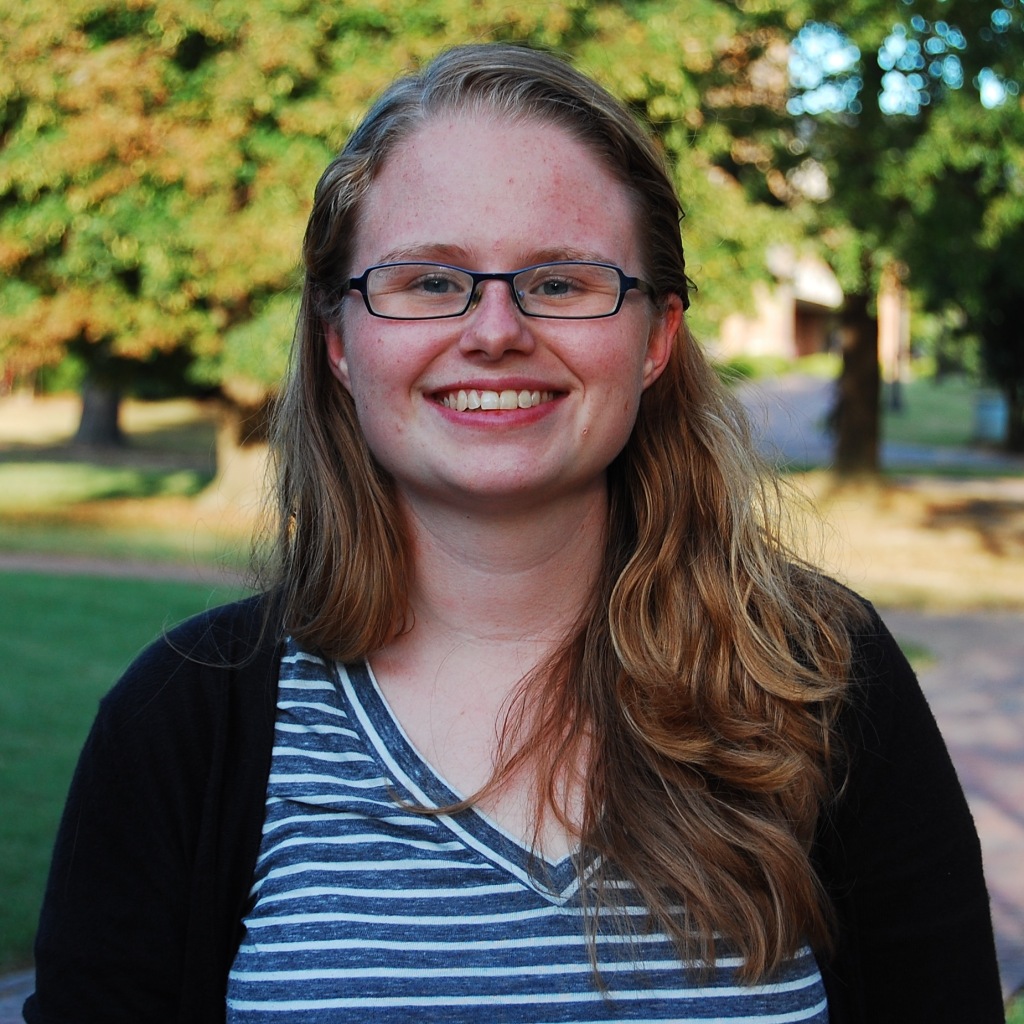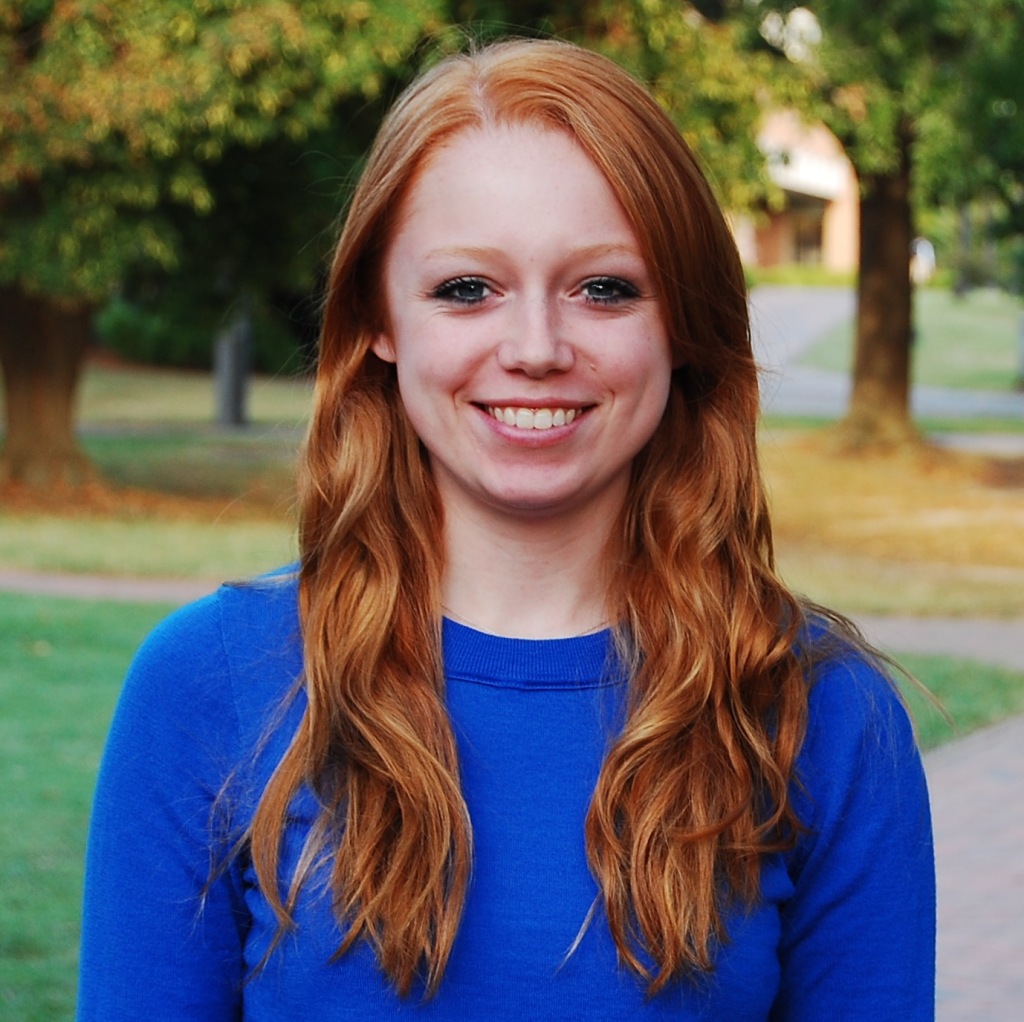SNaPP Lab Alumni Interviews
We asked two of our SNaPP Lab alumni, Meg Schwenzfeier ’14 and Taylor Feenstra ’14, to tell us about their experiences working with The SNaPP Lab. Here’s what they had to say.
1. How did your time in the SNaPP Lab impact your career choice?
2. What was the most helpful skill or lesson you learned from the SNaPP Lab?
| M: Research design. I think the ability to think about a research question and then design a study to evaluate your hypotheses accurately is a great skill to have in any job. |
|
T: Learning to use R is probably the most tangible skill I learned from the Lab. My first quarter of grad school would have been substantially more difficult without prior experience with R and I am beyond grateful for the R workshops that Professor Settle and Chris Fariss ran. (And, of course, the hours Professor Settle spent helping me learn one-on-one too!) Other than that, I think the lab was really helpful in building confidence in research. Presenting ideas and research projects to the lab really helped build my confidence in my work and ideas, in addition to teaching me to accept feedback and use it to improve the projects. I think it’s easy to feel self-conscious about projects and to suffer from imposter syndrome—the lab experience really helps attenuate those feelings. |
3. Describe a time you directly applied something you learned in the SNaPP Lab at work/in grad school?
| M: I work in R and Stata all the time, so the data analysis skills I honed in the SNaPP Lab ended up being very useful in the real world. Research design skills have also come in handy as I work on experiments. |
| T: I use skills I learned in the lab all the time. Being in grad school is basically like being in the lab all the time. In methods courses or in my own work I often turn back to code from different lab projects to help get me started. |


